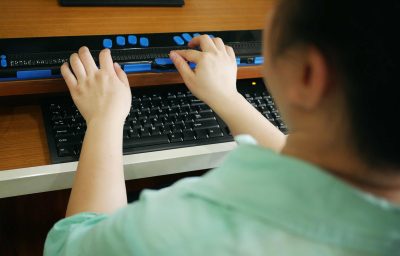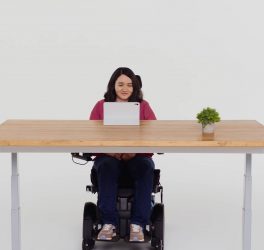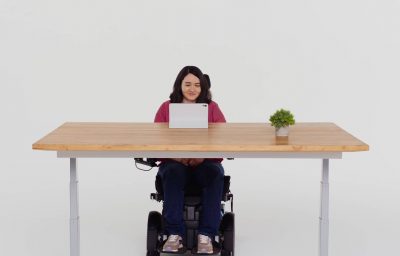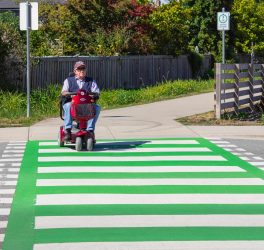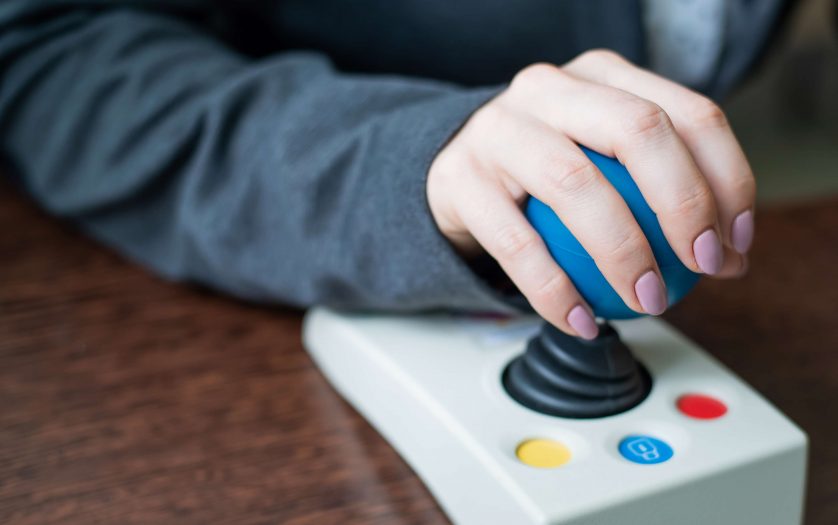
Ireland is becoming a global leader in the field of innovation in harnessing digital technologies as a tool to address various barriers for access to care. In alignment with WHO, Ireland recognizes the importance of mobilizing assistive technology to help the 2.5 billion people in need globally, including older persons, people with disabilities, and those living with health conditions. This includes ensuring equitable access to assistive products such as glasses, hearing aids, walking aids, wheelchairs, prosthetics, and communication and memory devices.
In March 2024, Anne Rabbitte, T.D., Ireland’s Minister of State with special responsibility for disabilities at the Department of Children, Equality, Disability, Integration and Youth, agreed to a €12.5 million donor agreement between the Government of Ireland and WHO, aimed at accelerating affordability and availability of assistive technology for those in need.
The cooperation has been building throughout the years. Back in 2022, Taoiseach Micheál Martin, TD, launched the Global report on assistive technology, along with the Director-General of WHO and the Executive Director of UNICEF. The Taoiseach highlighted the importance of international cooperation to ensure more equitable access to assistive technology, in order to achieve a society where everyone is included and enabled to live their best life.
Minister Rabbitte stated that: “Ireland has identified the serious need to invest in public health systems alongside the WHO. The present risk of rising health needs coupled with a decreasing pool of health and social care professionals globally reveals an urgent need for all of us to act now. Ireland’s contribution aligns with the recommendations of the Global Report on Assistive Technology and supports a five-year initiative towards achieving national health system models that include assistive technology. The programme will explore and demonstrate how digital technology can facilitate people-centred services, assistive technology policy, improve the affordability and appropriateness of assistive products, enable effective provision systems, and boost the capacity of health personnel to identify, screen, refer and provide assistive technology for all those in need.”
With an ageing global population and a rise in noncommunicable diseases, an estimated 3.5 billion people will need assistive technology by 2050. Dr Yukiko Nakatani, WHO Assistant Director-General, Access to Medicines and Health Products, welcomes this important contribution from Ireland and their leadership in the digital initiative. She said: “The 2018 World Health Assembly resolution on assistive technology calls upon WHO to take the necessary steps to promote equitable access to assistive technology in our endeavour to build a more inclusive world. Our partnership with the Government of Ireland will support WHO in achieving our mission to ensure health for all, everywhere, with assistive technologies as an important enabler of well-being, inclusion, and participation.”
Through Ireland’s contribution, and in collaboration with its broad network of partners, WHO will develop evidence-based guidance for Member States on strengthening access to assistive technology through understanding, prioritising and stimulating increased innovation and use of digital solutions. The work will also involve national, regional, and global projects that test digital solutions designed to address persistent access barriers such as: digital platforms that empower users with information about assistive technology and how to access it; digital tracking of products to manage supply; and online training and support for health workers. The results and lessons learned will help countries expand their knowledge, skills, and capacities in the provision of assistive technology as an integral component of Universal Health Care.
‘Leaving no one behind’ means ensuring that people with disabilities, the older population, those affected by chronic diseases and everyone who needs assistive technology are included in society and able to live healthy and dignified lives.




